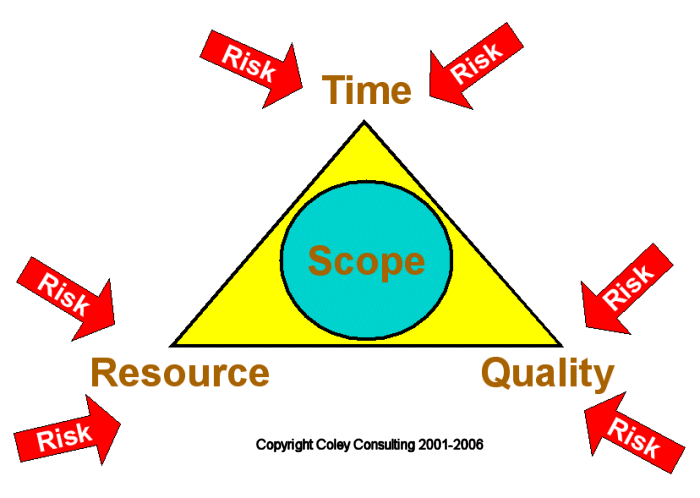The downside of PBL is that it requires a far higher level of personal initiative on the behalf of the students. Typically in a classroom the teacher provides the context, structure, and direction for the learning. This form of structured learning can provide an effective framework for individuals that would merely get lost in the details. Having an expert guide is also a requirement in many disciplines where running into a problem prohibits any further progress.

PBL requires students to develop a critical set of skills for success for entry into the work force or an endeavour in life. It necessitates determining the scope of a project, assessing the available resources, time constraints, and the quality require to meet the objective. Risk assessment at each stage is also required as mistakes in the pursuit of a goal will invariably have consequences.
http://www.edutopia.org/project-based-learning-guide-description
The above link provides a description of PBL. Interestingly enough there was a post relating to chemistry which is the subject that I teach. If a student is apathetic or disdainful of a subject, a PBL assignment could seem far to big of a task to possibly accomplish. These students require the exact opposite of PBL as they require more structure and tasks to be broken into smaller pieces. By its nature a project is a multifaceted undertaking requiring a range of skills outside of the subject of study. Organizational skills are critical to the successful completion of a project. On one hand a project can aid students develop in these critical areas. On the flip side current educational policy requires integration of students with learning disabilities into the class.
In my opinion a PBL assignment has the potential to dramatically deepen knowledge for students who are personally invested in their own learning. For students that are apathetic or have learning disabilities a PBL assignment could be disastrous.
Questions:
1. Can PBL work for students with learning disabilities such as autism?
2. Is a PBL approach more likely to motivate disinterested students?
I think that a PBL approach can motivate disinterested students, as long as the project is in an area that interests them and links to the curriculum. They are mostly disinterested as they cannot see the connection between what they are learning and how it is used in the real world. Bridging this connection will allow them to become more enthusiastic to learn new course material.
ReplyDeletePBL can also be useful for students with autism, but there has to be some accommodations and modifications to the project. While I was learning about exceptionalities autistic students still can have high functioning mental capacities, they just have problems communicating their thoughts. If they have the ability to do a project in a medium that works better for them then they can create more indepth knowledge of the subject and have the ability to create a project to inform other people about that knowledge.